Meru Governor Kawira Mwangaza has faced yet another significant political setback as the High Court upheld the senate’s decision to remove her from office. The ruling marks a defining moment in her political career, as she continues to battle opposition both in the judiciary and within her county, Meru.
Delivering the judgment, High Court Judge Bahati Mwamuye stated that the amended petition challenging the impeachment lacked merit and was therefore dismissed. The judge further emphasized that the Gazette Notice no. 21 of August 2024, which officially confirmed her removal, was instrumental in affirming the legality of the senate’s decision. The court underscored the importance of adhering to constitutional provisions governing the removal of public officers, citing Speaker of the Senate & Another v. Attorney General & 4 Others (2013) eKLR, which reinforces the senate’s constitutional mandate in impeachment proceedings.
Moreover, the court ruled that the senate did not violate any existing court orders during the impeachment process. Mwangaza had argued that her removal was unconstitutional, alleging that the senate proceeded with impeachment despite pending court proceedings that sought to block the process. However, the judges held that no substantial proof was provided to demonstrate that the Senate had acted in defiance of valid judicial directives. The ruling referenced in Judicial Service Commission v. Mbalu Mutava & Another (2015) eKLR, which established that public officials must adhere to due process but also that the courts must assess whether legal procedures have been rightfully followed.
Public participation controversy
A critical point of contention in the case was whether the impeachment process lacked sufficient public participation, a fundamental requirement under Article 10 of the Constitution of Kenya, 2010. The court acknowledged that public participation was questionable; however, it declined to make a definitive ruling on the matter. The respondents, representing the senate, objected to this argument, asserting that the issue was central to another ongoing case before the Meru Court. Given the pending litigation, the judges exercised judicial restraint and refrained from making a pronouncement, citing Doctors for Life International v. Speaker of the National Assembly (2006) ZACC 11, which emphasizes the necessity of public participation in legislative processes but also recognizes the need for judicial prudence in active litigation.
Right to a Fair Hearing
Mwangaza further contended that she was only given two minutes to defend herself, thereby denying her the right to a fair hearing. She argued that the impeachment process was rushed and did not afford her a reasonable opportunity to present her case. However, after reviewing the official records, the High Court found that due process had been followed and that she had indeed been granted an opportunity to speak. The court cited Raila Odinga & 5 Others v. Independent Electoral and Boundaries Commission & 3 Others (2013) eKLR, which underscores the principle that procedural fairness must be assessed based on official records rather than subjective claims.
Additionally, the court found no evidence that she was denied an opportunity to be heard, holding that her legal team had not raised any formal objections regarding her speaking time during the proceedings. The judges further ruled that the procedural requirements for impeachment had been met by Martin Nyaga Wambora v. Speaker of the Senate & 3 Others (2014) eKLR, which reaffirmed that courts must evaluate whether impeachment proceedings comply with constitutional and statutory provisions.
Political and Legal Implications
This ruling comes amidst growing political and legal challenges for Mwangaza, particularly given the opposition she faces in Meru County. Having endured multiple legal and political battles, the question now remains: Will she make a legal and political comeback, or has her political career been permanently dimmed? This ruling sets a precedent for the interpretation of impeachment laws in Kenya, reinforcing the Senate’s authority while highlighting the need for procedural fairness.
As the dust settles, what will be her next course of action? Will seeking legal redress in the Court of Appeal or shifting her political strategy determine the future of her political career?
This ruling sets a precedent for impeachment cases in Kenya and raises questions about governance and procedural fairness. Do you think Mwangaza should appeal, or is her political career over?
Drop your thoughts in the comments and share this post to keep the debate going!

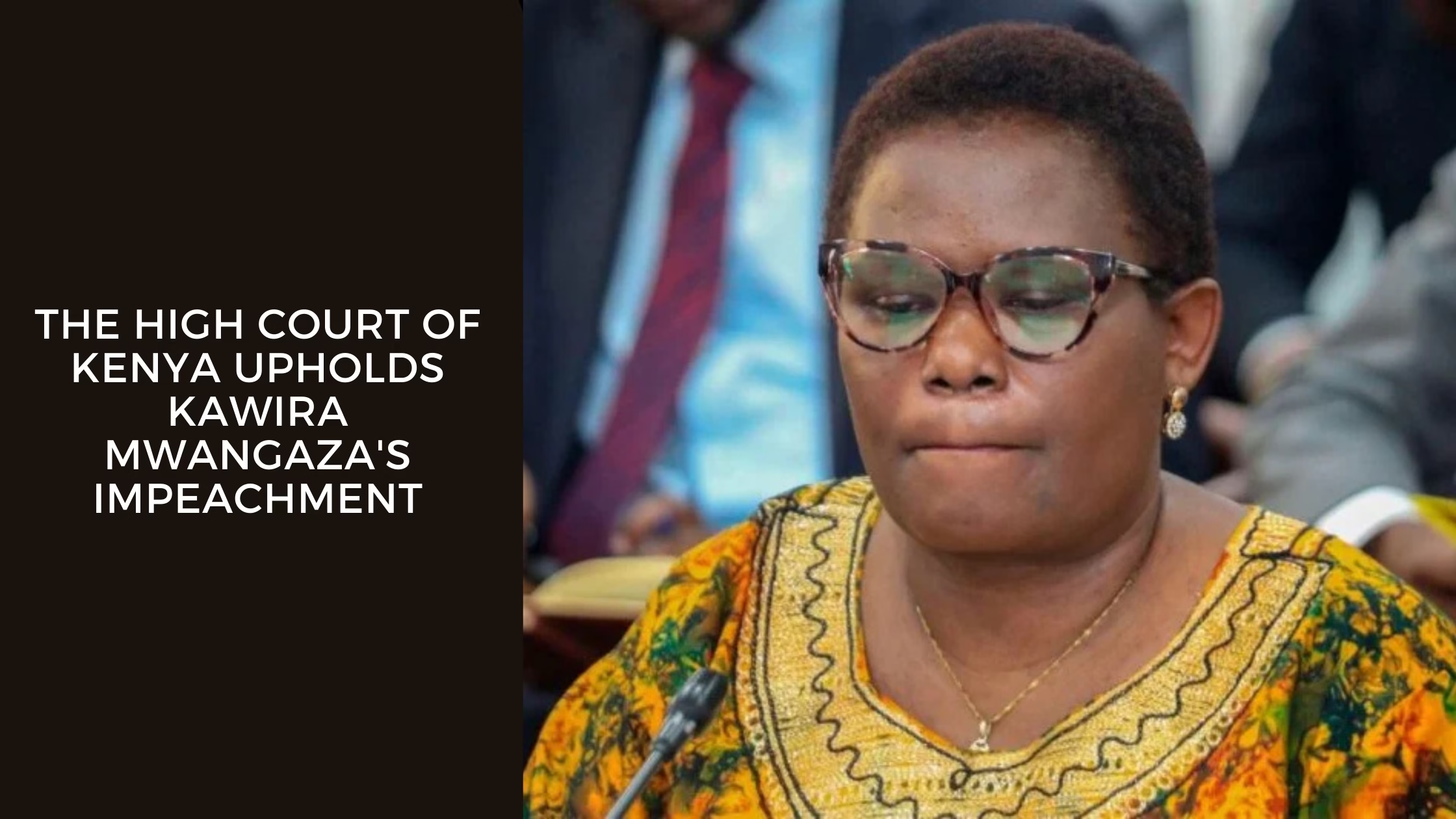
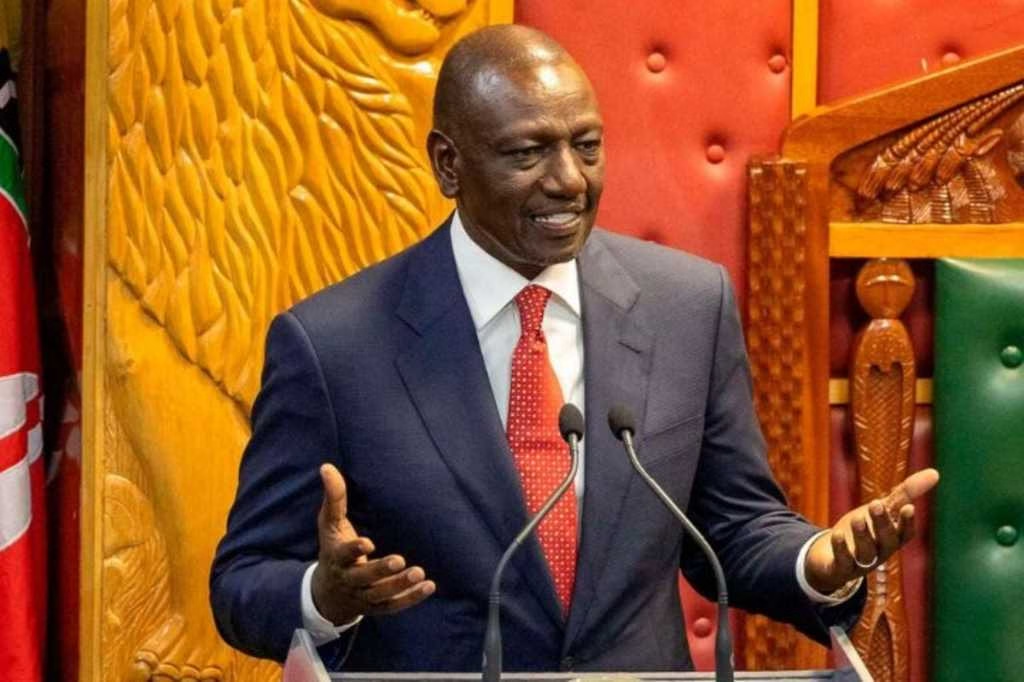

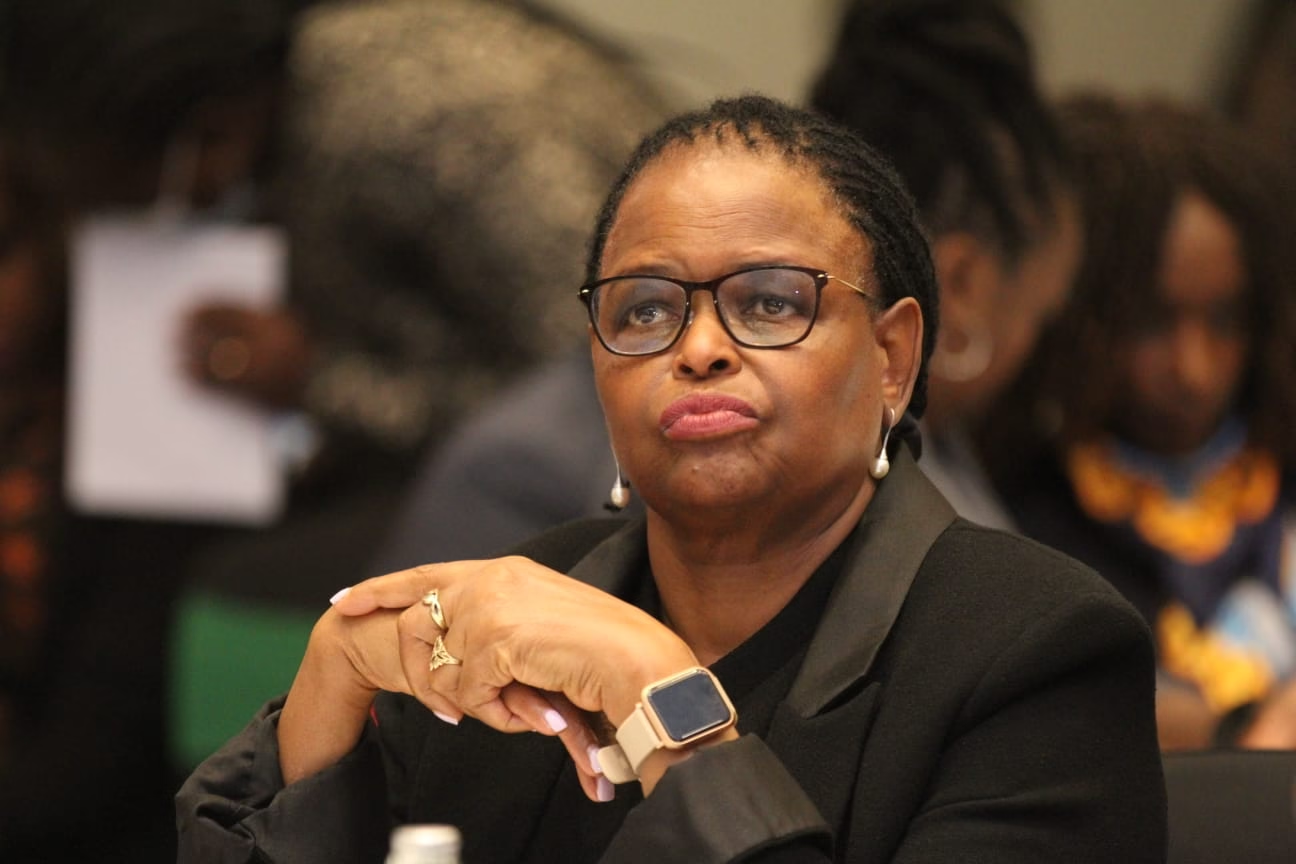
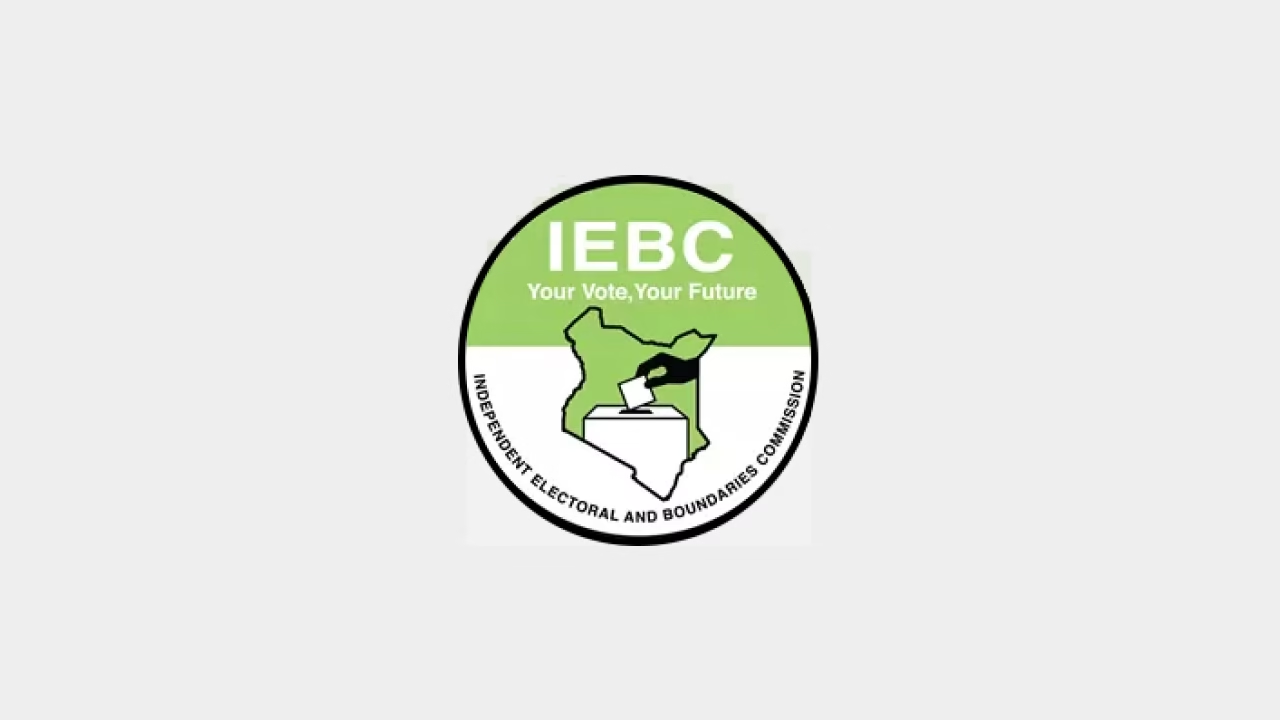
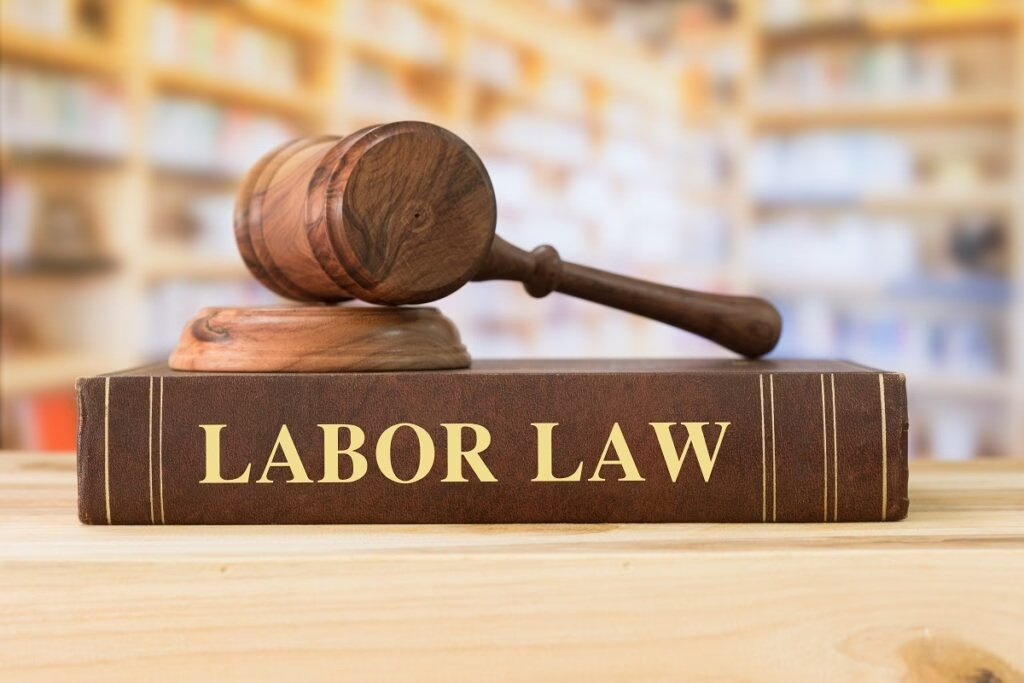
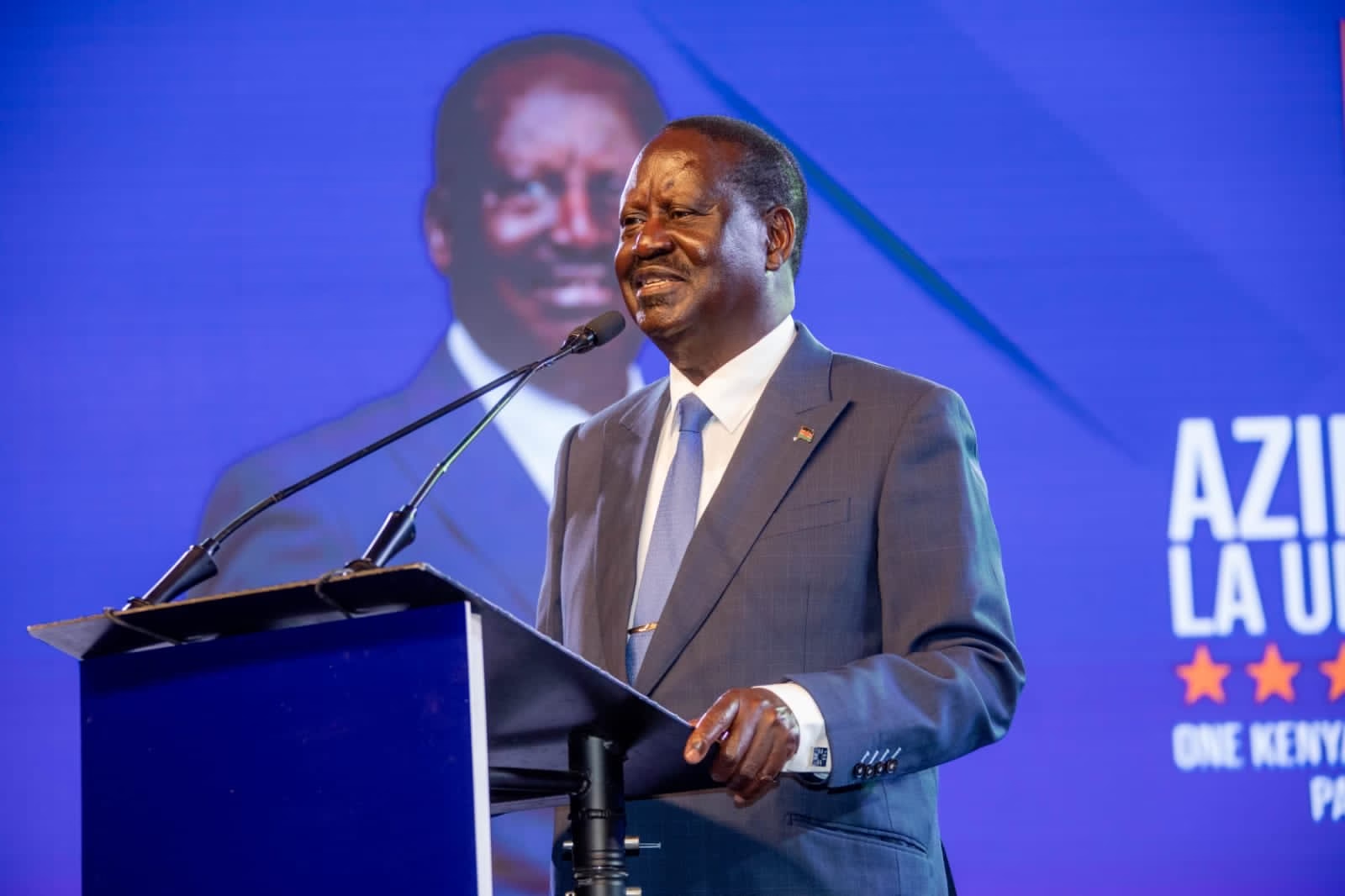
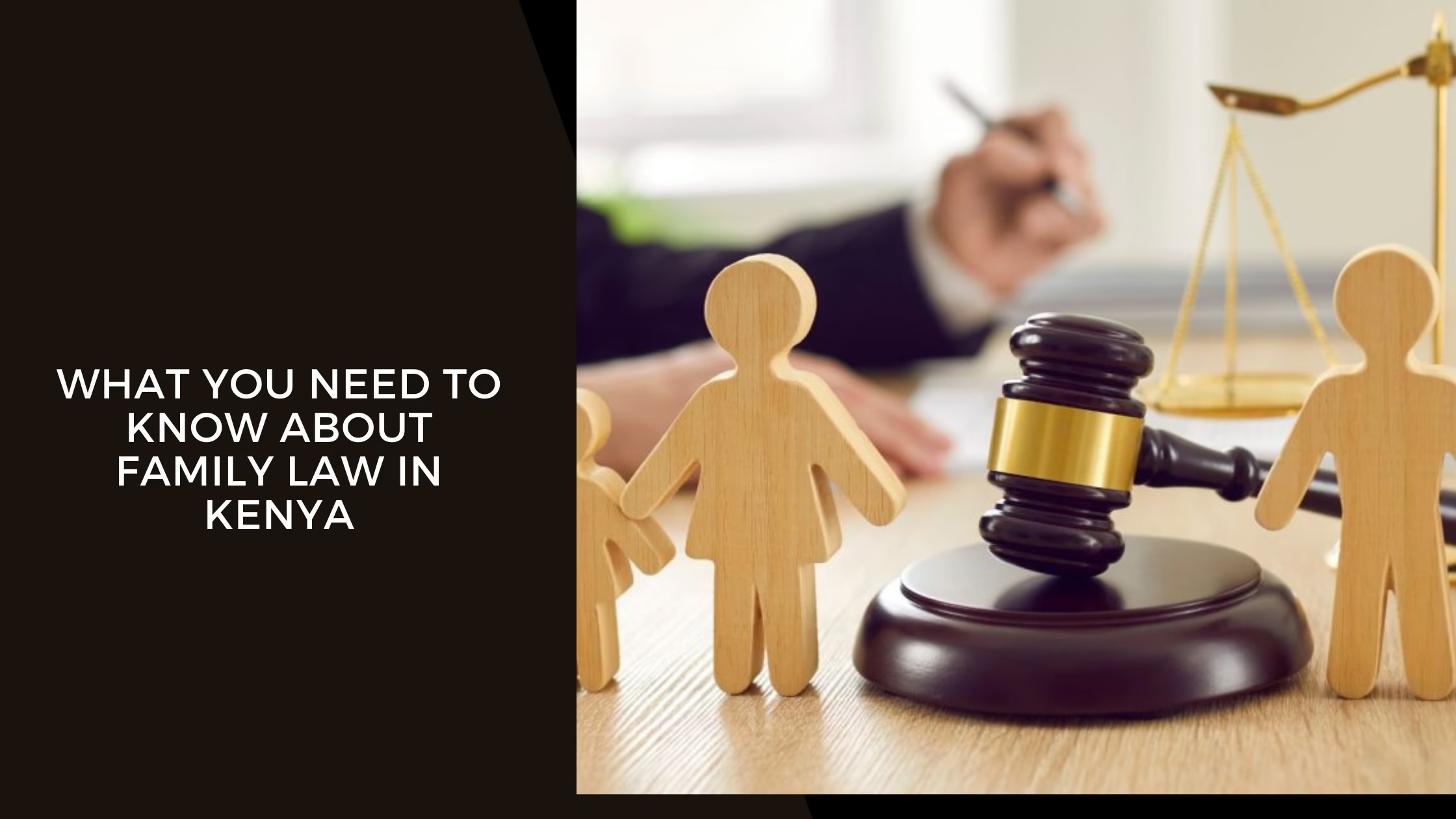
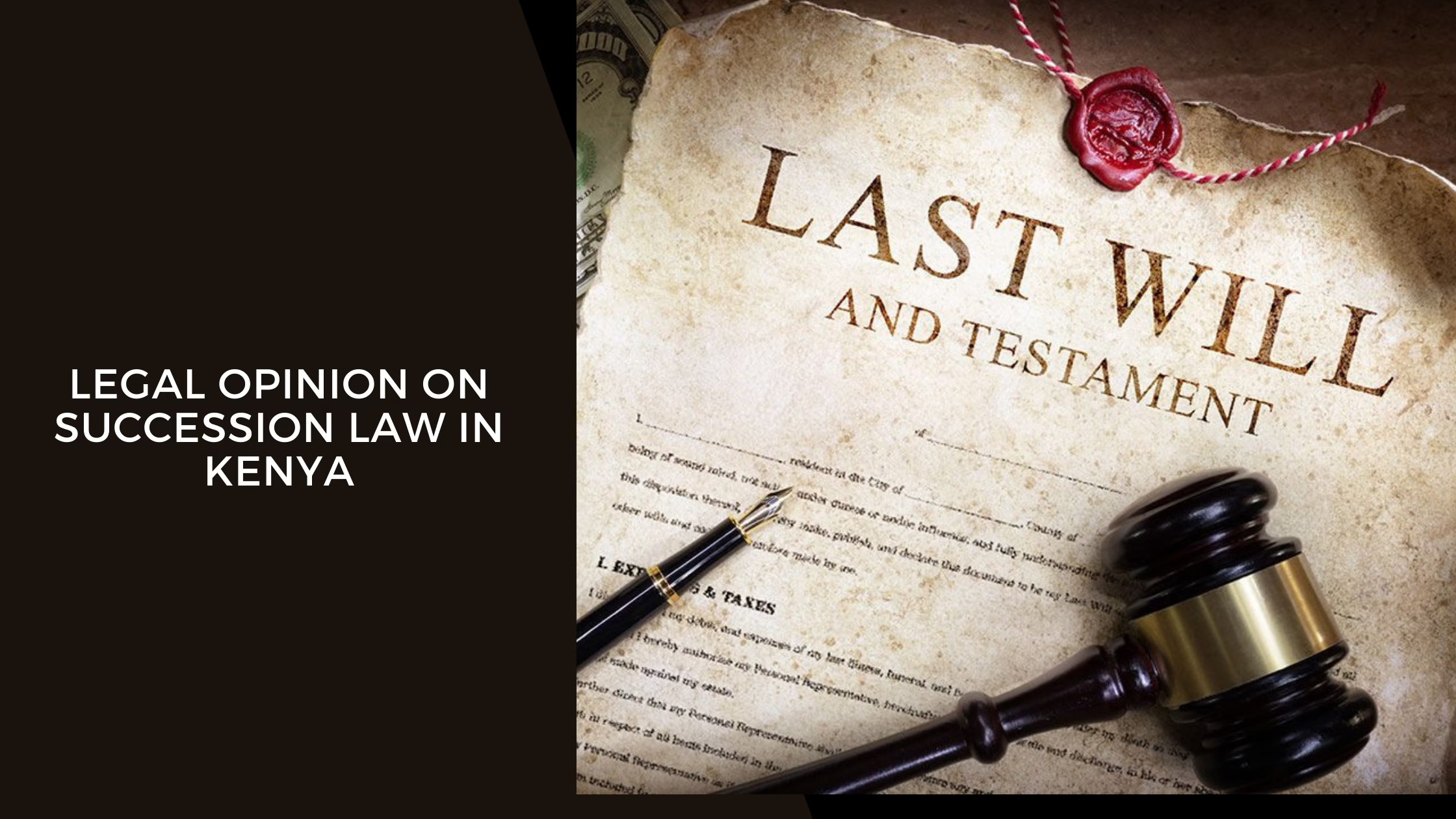
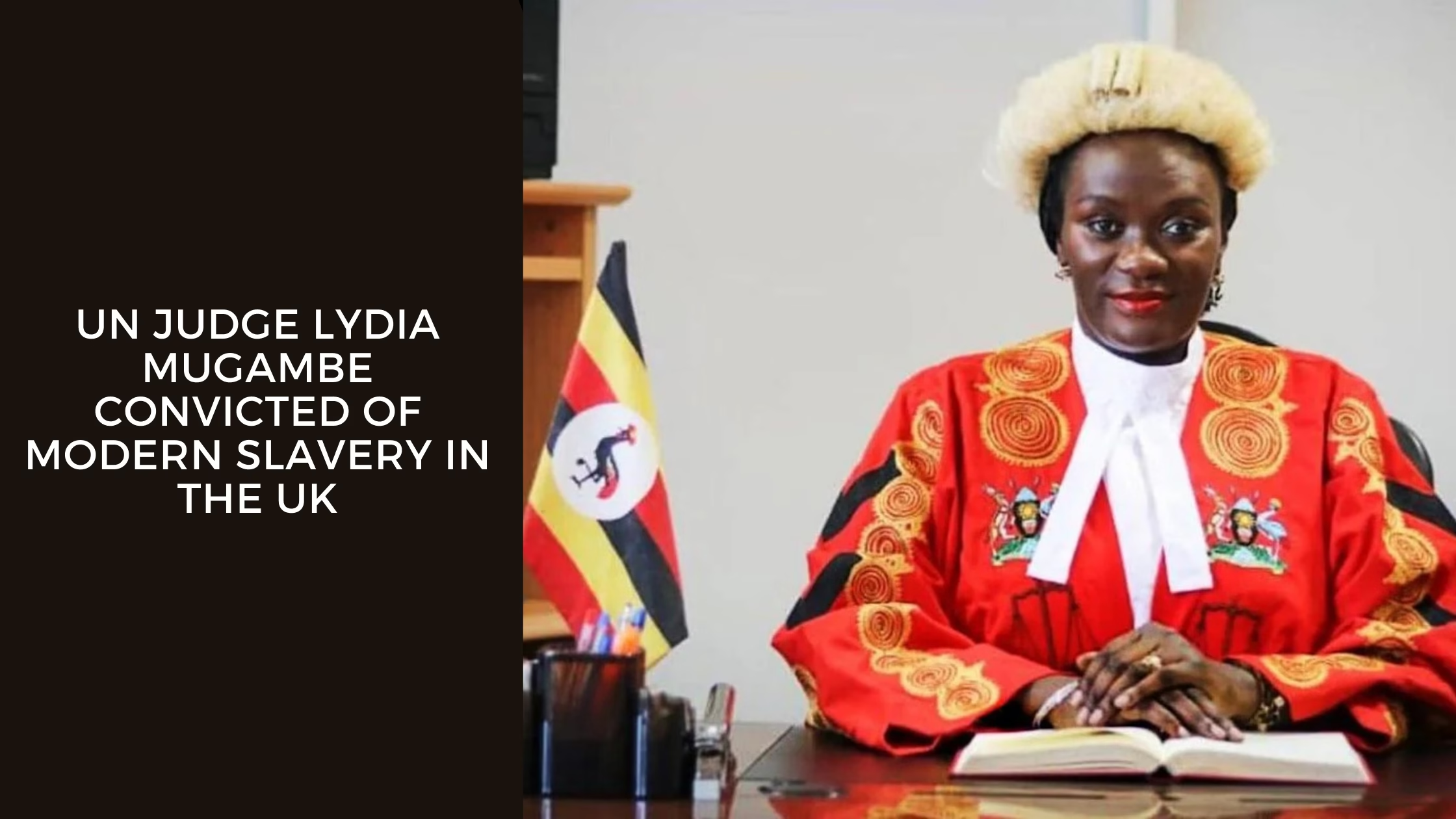
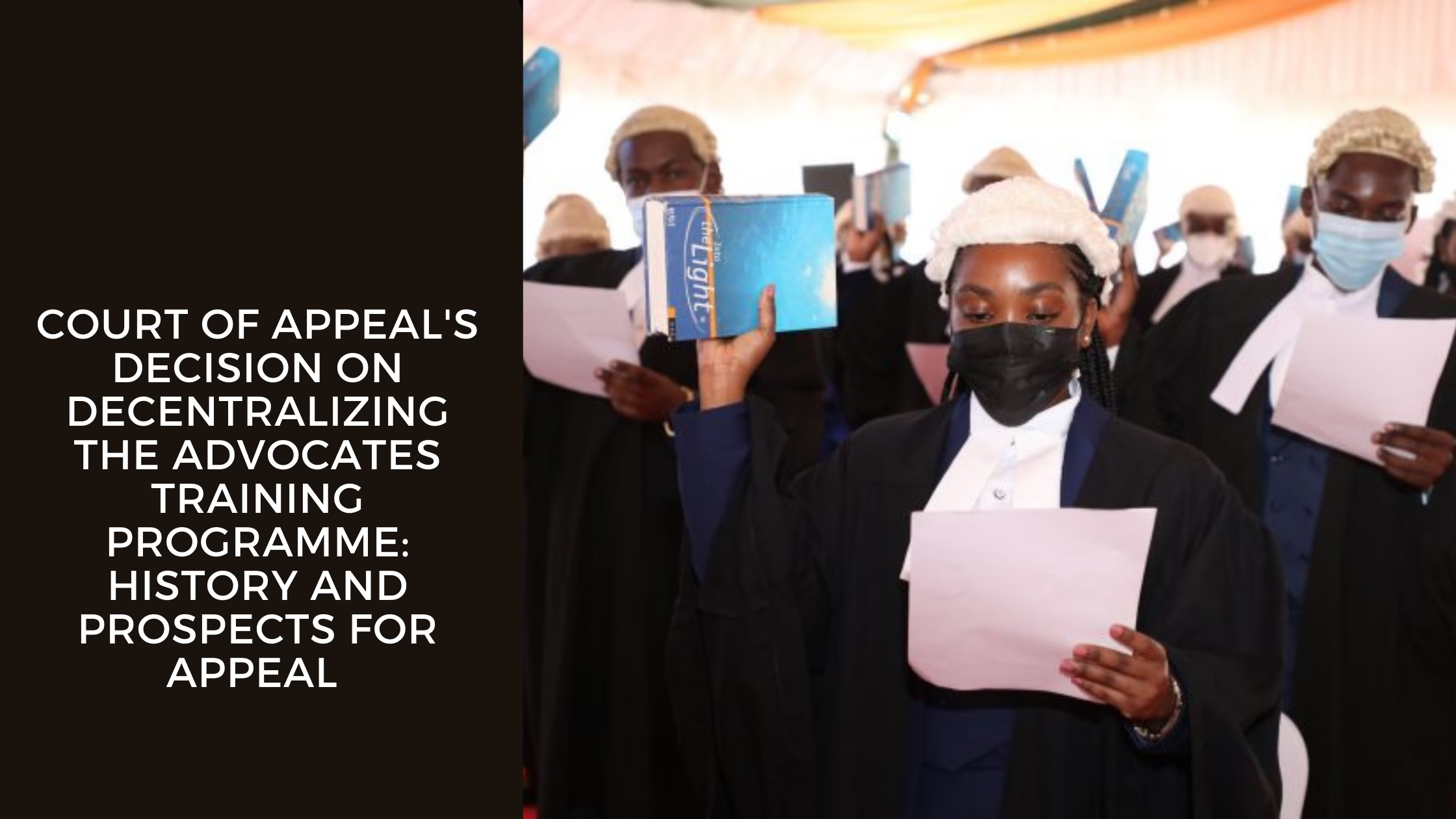
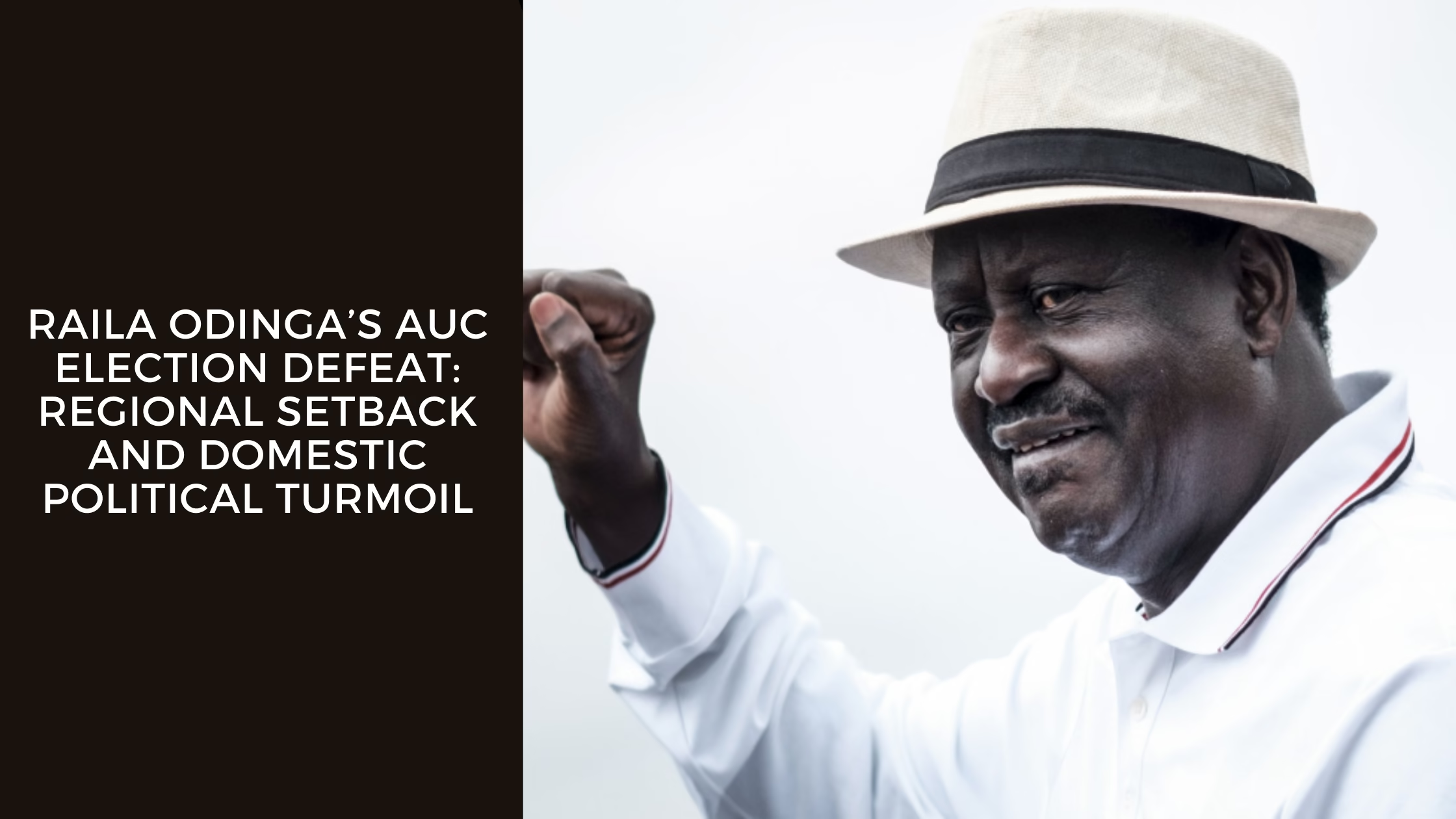
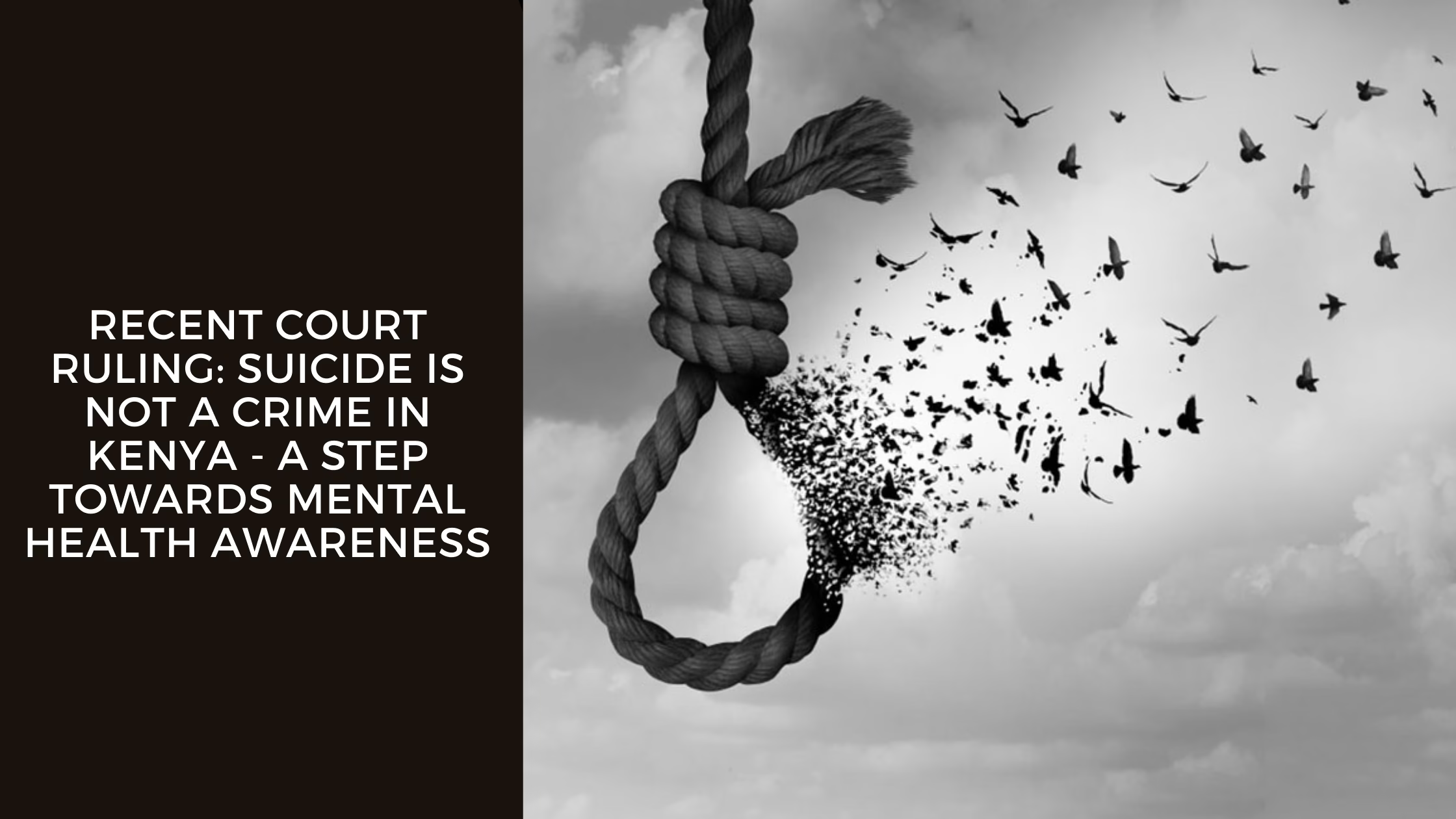
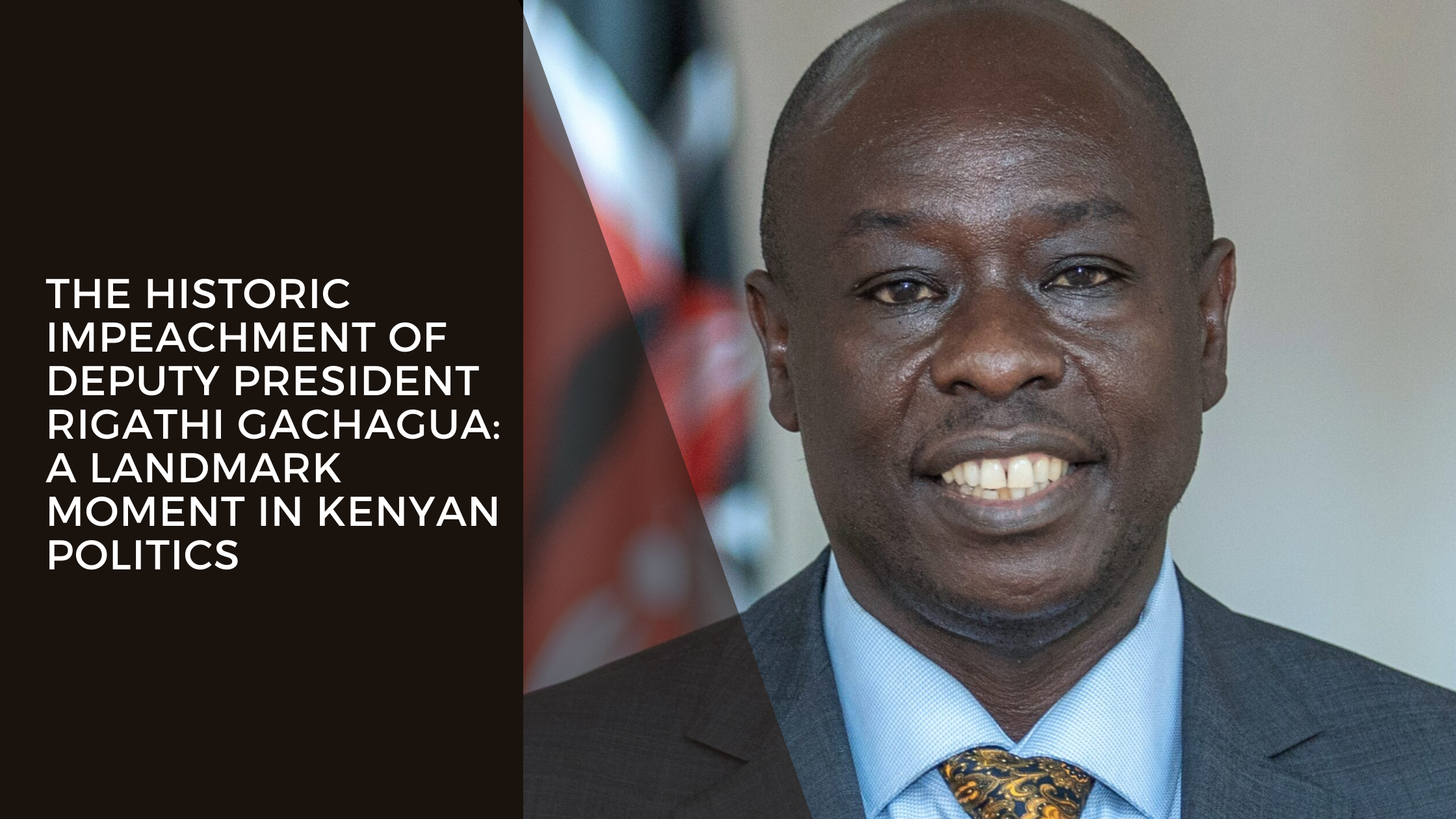


Leave a Reply